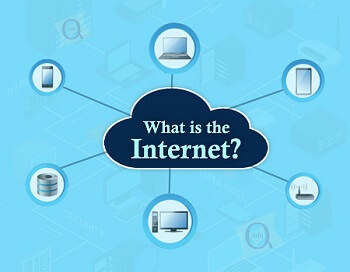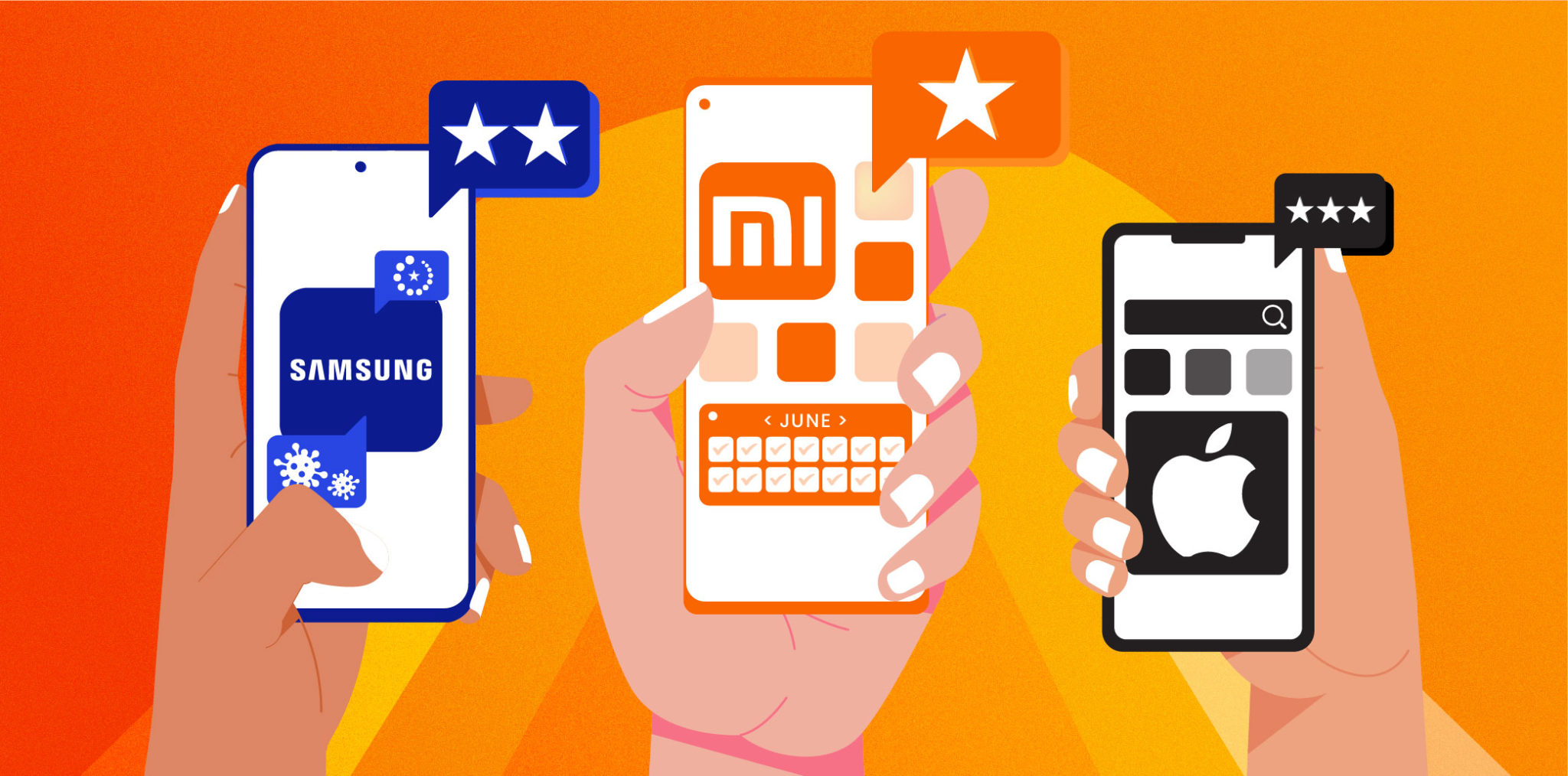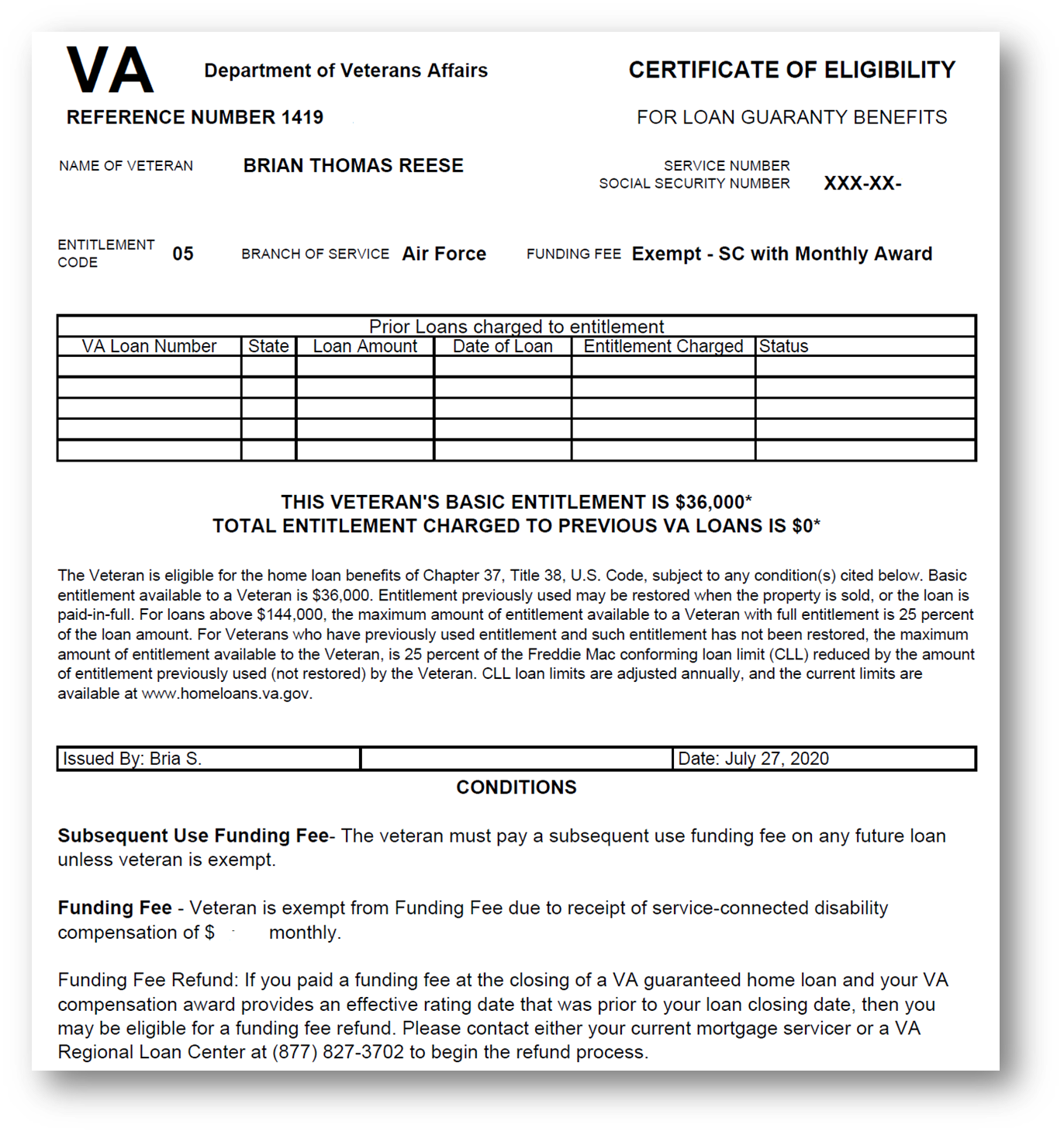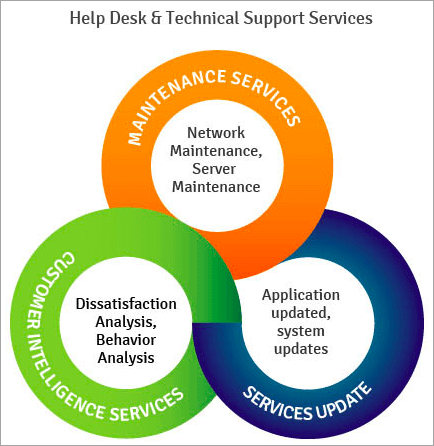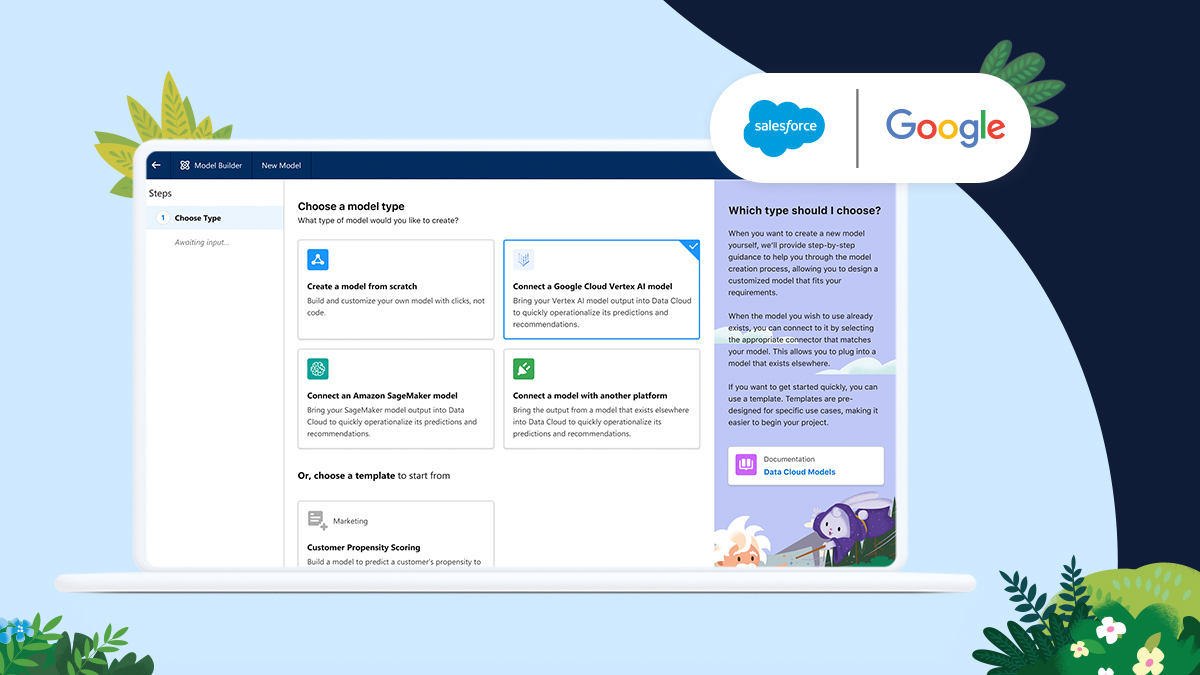The Internet has become an integral part of modern society, transforming the way we live, work, and communicate. In this article, we will explore the definition of the internet, its history, how it works, its impact on communication, business, and social media, as well as concerns surrounding internet security and privacy. By the end, you’ll have a better understanding of the internet’s significance and potential future developments.
What Is The Internet?
The internet is a global network of interconnected computers and servers that communicate using a standardized set of protocols. It allows users to access and share information, communicate with others, and participate in various online activities. The World Wide Web, often used interchangeably with the internet, is actually a part of the internet that consists of web pages and websites accessible through browsers.
The History Of The Internet
The history of the internet dates back to the 1960s when the United States Department of Defense initiated a research project called ARPANET. It aimed to develop a network that could withstand partial outages, such as those caused by a nuclear attack. Over the years, the internet evolved, and in 1991, the World Wide Web was introduced to the public, making it easier for people to access and share information online.
How Does The Internet Work?
The internet operates on a decentralized system where data is transmitted in the form of packets. These packets travel through various networks and routers to reach their destination. The use of Transmission Control Protocol (TCP) and Internet Protocol (IP) ensures that data is delivered accurately and efficiently. The vast network of undersea cables and satellites enables global connectivity.
Key Features Of The Internet
The internet is a vast and complex network that offers a wide range of features and functionalities that have transformed the way we communicate, gather information, conduct business, and interact with the world. Below are some of the key features of the internet:
- Global Connectivity: One of the fundamental features of the internet is its ability to connect people and devices from all around the world. It enables seamless communication and data exchange across geographical boundaries.
- Information Access: The internet provides instant access to a wealth of information on virtually any topic. Websites, search engines, online libraries, and databases allow users to quickly find and gather information to satisfy their curiosity or meet their needs.
- Communication Tools: The internet offers a variety of communication tools, including email, instant messaging, video conferencing, and social media platforms. These tools facilitate real-time communication and interaction between individuals and groups.
- Multimedia Content: With the internet, users can access a wide range of multimedia content, including text, images, videos, audio files, and interactive applications. This rich variety of content enhances the online experience and enables creative expression.
- E-commerce and Online Shopping: E-commerce platforms enable businesses to sell products and services online, while consumers can browse, compare, and purchase items from the comfort of their homes. Online payment gateways ensure secure transactions.
- Social Networking: Social media platforms allow users to create profiles, connect with friends and family, share updates, photos, and videos, and engage in discussions with a global audience.
- Search and Navigation: Search engines like Google provide efficient ways to navigate the vast amount of information on the internet. Users can enter keywords and phrases to find relevant websites and resources quickly.
- Online Entertainment: The internet offers a plethora of entertainment options, including streaming movies, TV shows, music, online gaming, and interactive content that cater to a wide range of interests.
- Collaboration and Sharing: Online collaboration tools and platforms enable individuals and teams to work together on projects, share documents, and communicate effectively, regardless of their physical location.
- Education and E-Learning: The internet has transformed education by providing access to online courses, tutorials, educational videos, and virtual classrooms, making learning accessible to a global audience.
- Cloud Computing: Cloud computing allows users to store, access, and manage data and applications remotely through the internet. This feature offers scalability, flexibility, and cost-efficiency for businesses and individuals.
- Instant Updates and Real-Time News: News websites and social media platforms provide instant updates and real-time news coverage, keeping users informed about current events and developments around the world.
- Online Banking and Financial Services: The internet has revolutionized banking and financial transactions, allowing users to manage accounts, pay bills, transfer funds, and invest online.
- Customization and Personalization: Websites and online platforms use algorithms to personalize content and recommendations based on users’ preferences, behavior, and past interactions.
- Internet of Things (IoT): The IoT involves connecting everyday objects and devices to the internet, enabling them to communicate and share data. This feature has led to the development of smart homes, wearable devices, and more.
The internet’s features have redefined the way we live and interact with the digital world. Its versatility, accessibility, and transformative capabilities continue to shape various aspects of our lives, from communication and commerce to education and entertainment.
Advantages Of The Internet
The internet has become an indispensable part of modern life, offering numerous advantages that have revolutionized the way we live, work, and interact. Below are some of the key benefits of the internet:
- Access to Information
One of the most significant advantages of the internet is the instant access to a vast amount of information. With just a few clicks, we can find answers to almost any question, learn about various topics, and stay updated on current events from sources all around the world.
- Communication and Connectivity
The internet has brought people closer together, transcending geographical boundaries. Through email, social media, video conferencing, and instant messaging platforms, we can connect with friends, family, and colleagues regardless of their location.
Online shopping has revolutionized the way we shop, offering convenience and a wide range of products at our fingertips. E-commerce platforms allow businesses to reach global markets and consumers to purchase goods and services from the comfort of their homes.
- Educational Resources
The internet has transformed education by providing access to online courses, tutorials, and educational materials. Students can now learn at their own pace and access a wealth of knowledge beyond traditional classroom settings.
- Business Opportunities
For entrepreneurs and businesses, the internet has opened up endless opportunities. Start-ups can reach a global audience without the need for a physical presence in various locations. Online advertising and digital marketing have become powerful tools for business growth.
- Efficient Communication in Business
Businesses can communicate and collaborate more efficiently with the help of various online tools and platforms. Team members can work together remotely, share files, and hold virtual meetings, enhancing productivity and reducing costs.
- Entertainment and Media
The internet provides a vast array of entertainment options, from streaming movies, TV shows, and music to playing online games. Social media platforms also offer a platform for users to share and consume entertaining content.
Social media platforms enable individuals to connect with like-minded people, share their thoughts and experiences, and participate in online communities based on common interests.
- Global News and Updates
With the internet, we can stay informed about global events and developments in real-time. News websites and social media platforms deliver breaking news and updates from across the world.
- Convenient Access to Services
The internet has made accessing various services more convenient. From online banking and bill payments to booking travel arrangements, these tasks can now be completed with ease from the comfort of our homes.
- Research and Innovation
Researchers and innovators benefit immensely from the internet, as it allows them to collaborate with peers worldwide, share findings, and access scientific papers and publications.
- Job Opportunities and Freelancing
The internet has created a digital job market, offering job opportunities for remote work and freelancing. This flexibility benefits both employers and workers.
- Personal Development
The internet offers resources for personal development, such as self-help articles, motivational videos, and skill-building platforms, empowering individuals to improve themselves continuously.
- Access to Government Services
Governments around the world have embraced e-governance, providing citizens with access to various government services online, making processes more efficient and accessible.
- Healthcare and Telemedicine
The internet has revolutionized healthcare by enabling telemedicine services, allowing patients to consult with healthcare professionals remotely and access medical information.
the advantages of the internet are undeniable. Its impact on our lives has been transformative, enhancing communication, information access, business opportunities, and overall convenience. However, it is essential to use the internet responsibly, ensuring online safety and privacy, and being mindful of its potential drawbacks. Embracing the benefits of the internet while addressing its challenges will lead to a more connected and progressive digital world.
Disadvantages Of The Internet
While the internet has undoubtedly revolutionized the way we live and interact, it also comes with its fair share of disadvantages and challenges. It’s essential to be aware of these drawbacks to ensure responsible and safe internet usage. Below are some of the key disadvantages of the internet:
One of the most significant disadvantages of the internet is the prevalence of cybersecurity threats. Cybercriminals engage in various malicious activities, such as hacking, phishing, and spreading malware, putting users’ personal information and sensitive data at risk.
- Online Privacy Concerns
As we navigate the online world, our privacy is constantly under threat. Social media platforms and websites often collect personal data, and data breaches can lead to the unauthorized use of this information, potentially leading to identity theft and other privacy violations.
- Spread of Misinformation
The internet has facilitated the rapid spread of misinformation and fake news. False or misleading information can easily go viral, leading to confusion, panic, and even harm in some cases. It is crucial for users to verify the credibility of the sources before sharing information.
- Cyberbullying and Online Harassment
Social media platforms and online forums have become breeding grounds for cyberbullying and online harassment. The anonymity the internet offers can embolden individuals to engage in hurtful and harmful behavior towards others.
- Addiction and Time Wasting
The internet can be highly addictive, leading to excessive time spent on social media, online gaming, or other non-productive activities. This can have adverse effects on mental health, productivity, and personal relationships.
- Negative Impact on Mental Health
Excessive internet use, particularly on social media, has been associated with feelings of inadequacy, anxiety, and depression. The constant comparison to others and exposure to distressing content can take a toll on mental well-being.
- Loss of Traditional Skills
As we rely more on the internet for information and communication, traditional skills, such as face-to-face communication, handwriting, and critical thinking, may suffer.
- Digital Divide
While the internet has become widely accessible, there is still a digital divide, with certain communities and regions lacking adequate internet infrastructure and access. This inequality can hinder economic and educational opportunities for those affected.
- Online Scams and Fraud
The internet is rife with online scams and fraudulent schemes that aim to deceive users into providing personal information or financial resources. It is essential to be cautious and vigilant while interacting with unknown entities online.
- Distraction and Reduced Productivity
The constant availability of entertainment and information on the internet can lead to distraction and reduced productivity, particularly in academic and professional settings.
- Health Concerns
Excessive screen time and sedentary behavior associated with internet use can lead to health issues such as eye strain, sleep disturbances, and physical inactivity.
- Isolation and Social Withdrawal
While the internet connects people virtually, excessive online engagement can lead to social withdrawal and a decrease in face-to-face interactions, potentially impacting real-life relationships.
- Copyright Infringement
The ease of sharing and distributing content on the internet has led to rampant copyright infringement and piracy issues, affecting the revenue of content creators and legitimate businesses.
- Online Addiction in Children
Children, in particular, are vulnerable to online addiction and exposure to inappropriate content, necessitating parental supervision and guidance.
- Environmental Impact
The internet’s infrastructure, such as data centers and server farms, consumes significant energy, contributing to the environmental impact and carbon footprint.
The internet has brought numerous advantages, it is vital to be mindful of its disadvantages. Responsible internet usage, cybersecurity measures, and critical thinking can help mitigate the negative effects and make the most of the internet’s potential without compromising safety and well-being.
The Impact Of The Internet On Communication
The internet has revolutionized communication by providing instant messaging, email, and social media platforms. People can connect with friends and family around the world, making the world feel smaller and more interconnected. However, concerns about the decline of face-to-face communication and the rise of online misinformation have also emerged.
The Internet And Business
Businesses have embraced the internet to reach a broader audience, expand their markets, and streamline operations. E-commerce platforms have enabled businesses to sell products and services globally, breaking down geographical barriers. Online marketing and advertising have also become essential tools for businesses to thrive in the digital age.
Social Media And The Internet
Social media platforms have gained immense popularity, allowing individuals to share their thoughts, experiences, and photos instantly. These platforms have become influential in shaping public opinions and trends. However, issues like cyberbullying and data privacy have raised concerns about the negative impact of social media on society.
Internet Security And Privacy
With increased internet usage, the need for robust internet security and privacy measures has become paramount. Cyberattacks, data breaches, and identity theft are constant threats. Individuals and organizations must take steps to protect sensitive information and use strong passwords, firewalls, and antivirus software to safeguard against potential risks.
The Future Of The Internet
The future of the internet promises exciting advancements. The Internet of Things (IoT) will connect various devices, making our lives more convenient and efficient. 5G technology will bring faster internet speeds, enabling seamless connectivity and enhancing the overall online experience. However, digital equity and internet accessibility remain challenges that need to be addressed for a more inclusive future.
Conclusion
In conclusion, the internet has transformed the way we live, work, and interact with others. It has opened up a world of possibilities, revolutionizing communication, business, and social interactions. As the internet continues to evolve, it is crucial to address the challenges it presents, such as security and privacy concerns. Embracing the potential of the internet while mitigating its risks will pave the way for a brighter digital future.
